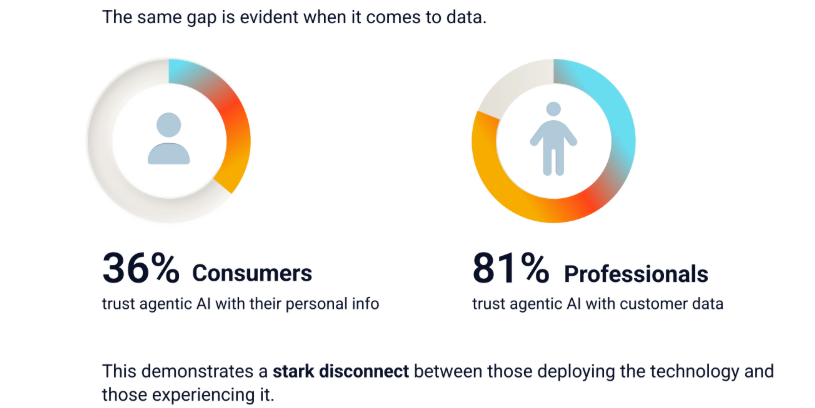ATLANTA, AUGUST 18, 2025 – Human resources leaders are facing challenges using technology innovation to their advantage when it comes to attracting, onboarding, and retaining top talent, according to an Equifax Workforce Solutions (NYSE:EFX) survey. The survey polled over 250 HR executives and professionals at the SHRM25 Conference in San Diego (June 29 – July […]
LambdaTest Unveils Agent-to-Agent AI Testing Platform
San Francisco – August 19, 2025 — AI testing platform LambdaTest has launched the private beta release of Agent-to-Agent Testing, a platform designed to validate and assess AI agents. With the rise of AI agents in developer workflows, the platform is designed to help organizations test and validate AI agents across conversation flows, intent recognition, […]
EDB AI Platform to Be Integrated with NVIDIA
WILMINGTON, Del. – AUG 14, 2025— EnterpriseDB announced it is integrating NVIDIA accelerated computing and AI software with EDB’s sovereign data and AI platform, EDB Postgres AI (EDB PG AI). EDB PG AI, built with NVIDIA accelerating computing and NVIDIA AI Enterprise, enables organizations to build and generate value from AI and data platforms using PostgreSQL. […]
SuperOps and AWS to Launch Agentic AI Marketplace in September
LAS VEGAS – August 14, 2025 – SuperOps, an AI-powered IT management platform, today announced the launch of its agentic AI marketplace for Managed Service Providers (MSPs) and IT teams, developed in partnership with Amazon Web Services. SuperOps’ AI Agent Marketplace, entering beta this September, is designed as a destination where MSPs can select ready-to-use […]
Bright Data Launches The Web MCP for AI Agents Live Web Access
NEW YORK [August 12, 2025] – Bright Data, a web data infrastructure company, today announced the launch of a free version of The Web MCP by Bright Data, a infrastructure layer that allows AI agents to interact with the live web without getting blocked. The Web MCP solves one of the most critical limitations in […]
Study: Merchant GPUs and Custom Accelerators to Reach $446B, HBM to Exceed $130B by 2029
REDWOOD CITY, Calif. – August 12, 2025 – According to a recently published report by Dell’Oro Group, the global data center accelerator market is projected to reach $446 billion by 2029. Accelerators now account for roughly one-third of total data center capex, making them the single largest driver of growth, the firm said. “The worldwide […]
Momentum Announces Additions to Agentic AI Platform
SAN FRANCISCO, Aug. 12, 2025 – AI company Momentum today announced the launch of SmartClips and Account Briefs, two AI-powered tools that expand the company’s Agentic AI platform, equipping revenue teams with intelligent AI agents for deal execution, coaching, and customer retention. SmartClips uses AI to transform sales and customer conversations into short, shareable insights […]
News Bytes 20260811: Espionage at TSMC, Intel CEO Told to Quit, Dojo AI Is Done, GenAI and Geopolitics
A good mid-summer morning to you! There have been scandalous news reports of late in the world of HPC-AI, along with other developments of interest, including: TSMC employees accused of 2nm espionage charges, Trump calls for Intel CEO to resign ….
Capacity Raises $92M for Contact Center AI Support Platform, Announces Acquisitions
St. Louis, August 7, 2025 – Capacity, the AI-powered support automation platform for contact centers, has announced more than $92 million in investments. Additionally, the company announed acquisitions of Call Criteria and Verbio Technologies, expanding Capacity’s capabilities in voice AI, quality assurance (QA) automation and speech analytics. The new investments in Capacity include $50 million […]
Study: Agentic AI Is Advancing but Governance Gap Threatens Consumer Trust
New data released today shows a disconnect between how companies govern AI and what consumers need to feel safe using it. While four out of five consumers surveyed said they want clear governance of AI interactions, less than a third (31 percent) of business leaders say their organizations have comprehensive, organization-wide AI policies and oversight in place.












